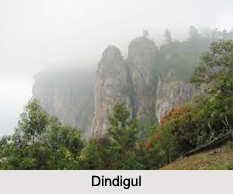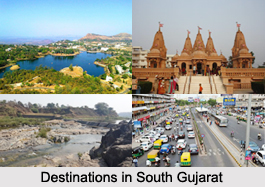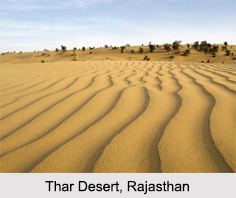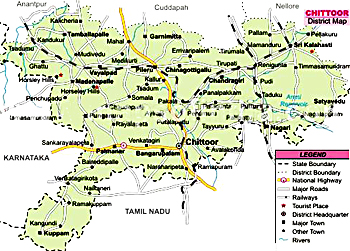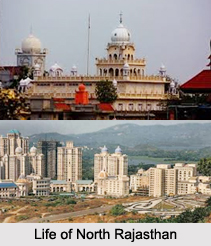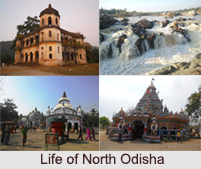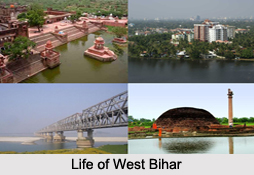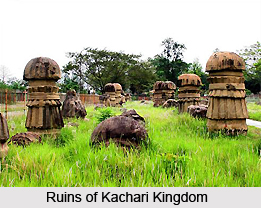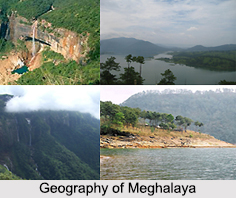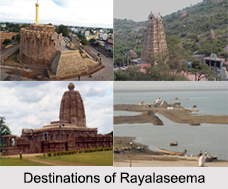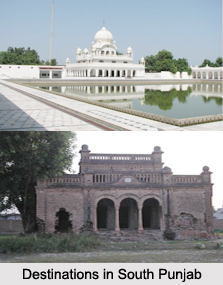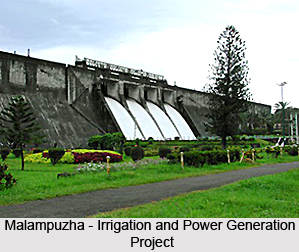 Economy of Kerala is predominantly agrarian in nature. In terms of per capita income and production Kerala is lagging behind many of the Indian States. But in terms of Human Development Index and life standard of the people the state is much ahead of most other states in India. In fact, in certain development indices it is on a par with some of the developed countries. This particular paradox is often termed as the Kerala Phenomenon or Kerala model of development by experts. It is mainly owing to the performance of the state in the Service Sector. The pressure on land in Kerala is highest in India and the state`s economy continues to be dominantly agrarian.
Economy of Kerala is predominantly agrarian in nature. In terms of per capita income and production Kerala is lagging behind many of the Indian States. But in terms of Human Development Index and life standard of the people the state is much ahead of most other states in India. In fact, in certain development indices it is on a par with some of the developed countries. This particular paradox is often termed as the Kerala Phenomenon or Kerala model of development by experts. It is mainly owing to the performance of the state in the Service Sector. The pressure on land in Kerala is highest in India and the state`s economy continues to be dominantly agrarian.
The presence of a large number of rivers has made Kerala rich in water resources which are systematically being harnessed for irrigation and power generation. Among the major schemes, the Malampuzha Project has brought around 47,600 acres under irrigation. One of the most outstanding achievements of planning in Kerala has been the tremendous expansion in the generation of hydro-electric power. With its heavy population pressure, Kerala has also been compelled to clear forest areas for settlement. Forests occupy about twenty-seven per cent of the total area of the state, compared to twenty per cent at the all-India level. Forest cover of Kerala is largely spread over the Western Ghats which border the state. The Western Ghats represent one of the world`s 18 hotspots of biodiversity and is considered to be a depositary of endemic, endangered and rare flora and fauna.
The spatial distribution of forests in Kerala is very uneven, with high forest concentration in the high land of the Western Ghats, supplemented by a few forest areas in the midlands. There are considerable variations in forest type, the predominant three broad types being tropical moist deciduous forests, tropical wet evergreen forests in the mountain ranges of the Ghats, and tropical semi-evergreen forests between these two types. These three types cover most of the natural forest area around 79 per cent of the total area. The coverage of the plantation forestry is to the extent of 19.30 per cent of the total area. The forests in Kerala are better stocked than forests in most other parts of India.
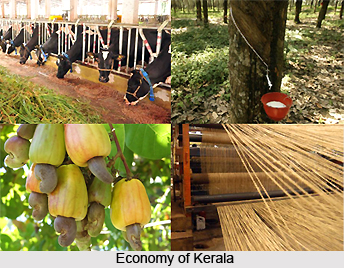 Another major sector contributing to the economy of Kerala is animal husbandry. In the state, an Intensive Cattle Development Project is functioning with four regional centres at Alwaye, Mavelikkara, Vaikom and Kanjirapally. Livestock also supports the economy of the state. The state has all the requisite natural endowments for building a strong and vibrant fisheries economy in tune with the national strategy. They include a stretch of coastal belt extending over 590 km and extensive inland water spread of around 4 lakh hectares. The exclusive economic zone lying adjacent to Kerala coast is spread over 36000 square kilometres which is almost equivalent to the land area of the state. The 360-mile coastline and the large number of backwaters and freshwater streams provide Kerala with abundant fish. A significant development during the past few years is the speedy expansion in the exports of frozen and canned sea foods in contrast with the traditional items. Moreover, today, these products are marketed in as many as thirty-five countries. Backwater fishing is a flourishing industry in several parts of the state. Freshwater prawns, lobsters, crabs, clams and oysters which find a ready market overseas are cropped from these backwaters.
Another major sector contributing to the economy of Kerala is animal husbandry. In the state, an Intensive Cattle Development Project is functioning with four regional centres at Alwaye, Mavelikkara, Vaikom and Kanjirapally. Livestock also supports the economy of the state. The state has all the requisite natural endowments for building a strong and vibrant fisheries economy in tune with the national strategy. They include a stretch of coastal belt extending over 590 km and extensive inland water spread of around 4 lakh hectares. The exclusive economic zone lying adjacent to Kerala coast is spread over 36000 square kilometres which is almost equivalent to the land area of the state. The 360-mile coastline and the large number of backwaters and freshwater streams provide Kerala with abundant fish. A significant development during the past few years is the speedy expansion in the exports of frozen and canned sea foods in contrast with the traditional items. Moreover, today, these products are marketed in as many as thirty-five countries. Backwater fishing is a flourishing industry in several parts of the state. Freshwater prawns, lobsters, crabs, clams and oysters which find a ready market overseas are cropped from these backwaters.
Economy of Kerala is also supported by the traditional industries. Coir, cashew, bricks and tiles, oil milling, handloom and timber dominate the industrial sector in the state, employing around 83 per cent of the total work force in the industrial sector. The coir industry provides employment to nearly a million people directly or indirectly. More than ninety per cent of the total Indian production of coir yarn is produced in Kerala. Backwaters in Kerala and the inland waterways nourish the coir industry, which is the oldest traditional cottage industry in the state. Coir is made out of coconut husk which is bestowed on the state in abundant measure. These waterways also offer cheap and economic transportation of this produce.
The major industrial concerns of the state have been established either under Government auspices or with the active participation of the Government. The factories owned by the state put out rubber goods, cycle rims, shark liver oil, plywood, ceramics, soaps and textiles.







